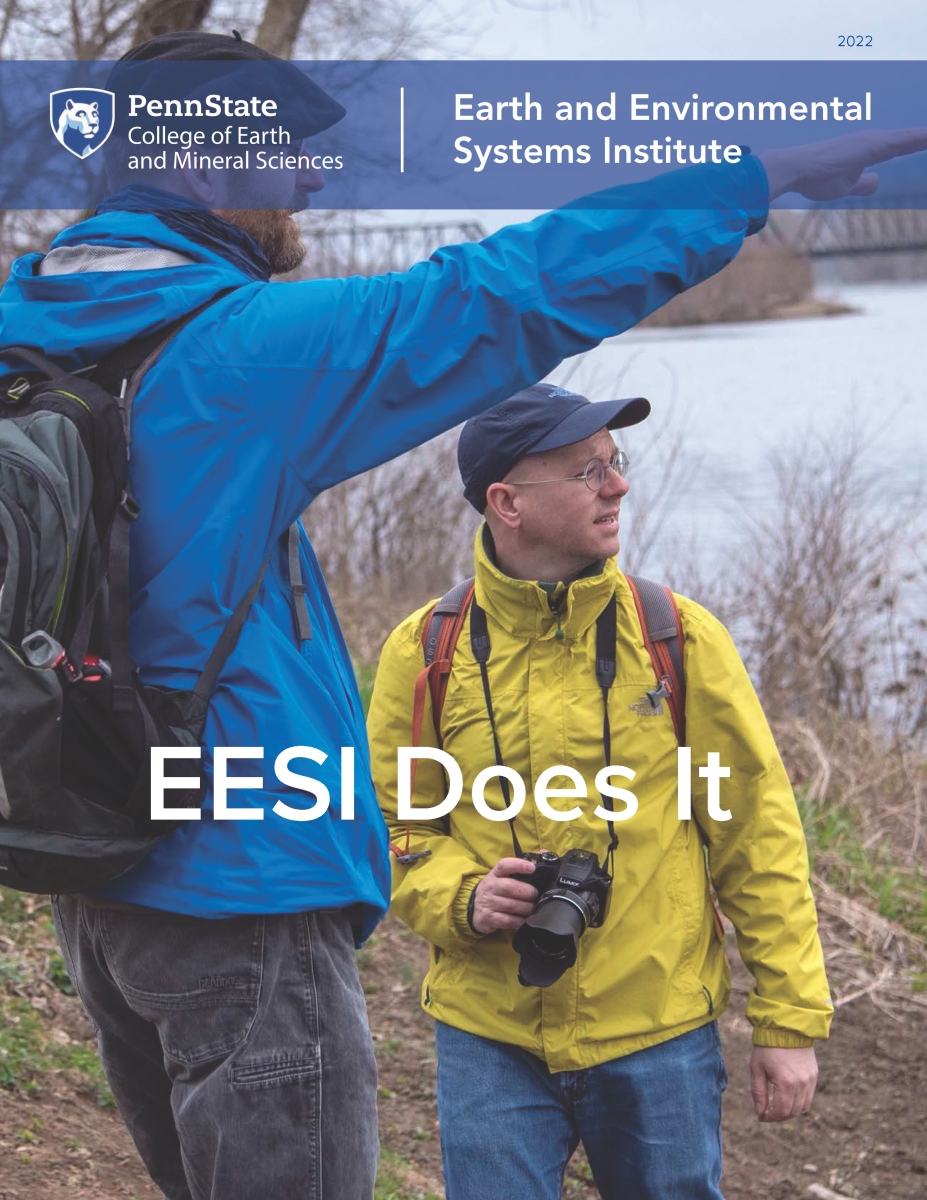SpeakEESI: Pathways to Science
 Julie Sanchez
Julie Sanchez
September 2021
I became interested in the environmental sciences in high school. I was a freshman learning about earthquakes and thought how fascinating it was to study them, and even scary knowing that they occurred in my hometown of Montebello, California. Four years later as a senior applying to college, I knew I wanted to learn more about the Earth but did not know the exact major that would fit me. I googled my interests and geography was the result.
The first thing that came to my mind was maps, which did not sound interesting. Then I read the definition of geography, which is "the study of the physical features of the earth and its atmosphere, and of human activity as it affects and is affected by these, including the distribution of populations and resources, land use, and industries."1 It grabbed my attention. Immediately I started looking at the classes I would take in college. I was hooked.
Even though I loved the classes and my major, one comment made me second-guess pursuing graduate studies. A professor told me that I should not apply to graduate school because my writing was terrible. Her statement shocked me. I had taken many classes with her and always did very well. This comment affected me more than I thought, and I decided not to apply to graduate school.
After graduation I became a consultant for the NASA DEVELOP National Program at the Jet Propulsion Laboratory in Pasadena, California. If it were not for this opportunity, I would not have interacted with such amazing colleagues who encouraged me to continue my studies. I loved learning and wanted to go to graduate school whether or not I was a 'perfect' writer.
I applied and was admitted to Penn State in the fall of 2015. Now I am a sixth-year graduate student in the Department of Geography. I work with Andrew Carleton, professor of geography, studying the causes of surface melt on the Greenland ice sheet.
To those considering a career in the sciences, I say never be afraid to ask questions. As an undergraduate, I shied away from asking questions in class and would try to find the answer at home. Although figuring things out on your own is a great skill, some information is unavailable on the Web and needs further clarification by a professor. I would always go to the professor’s office hours whenever I felt I had 'too stupid' of a question to ask in class.
The day before I started graduate school my dad said, "If something is unclear to you, don't be afraid to ask questions. You're there to learn!" In my six years of graduate studies I have constantly asked questions - whether it is to my professors or friends. I think asking questions keeps you engaged and makes for a fun conversation.
Ten years from now I hope to be studying the climate and trying to answer questions that we are currently unsure about, like how much sea level will rise. And in the process I want to inspire the next generation of scientists.
1Google Dictionary, s.v. "geography," accessed February 15, 2019, https://www.google.com/search?q=dictionary#dobs=geography.


